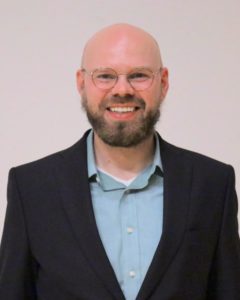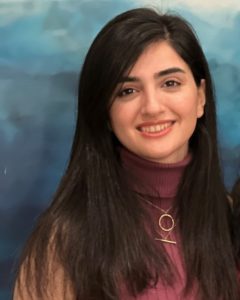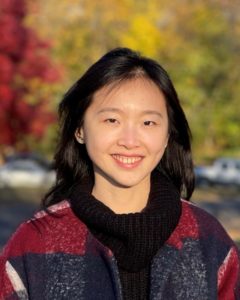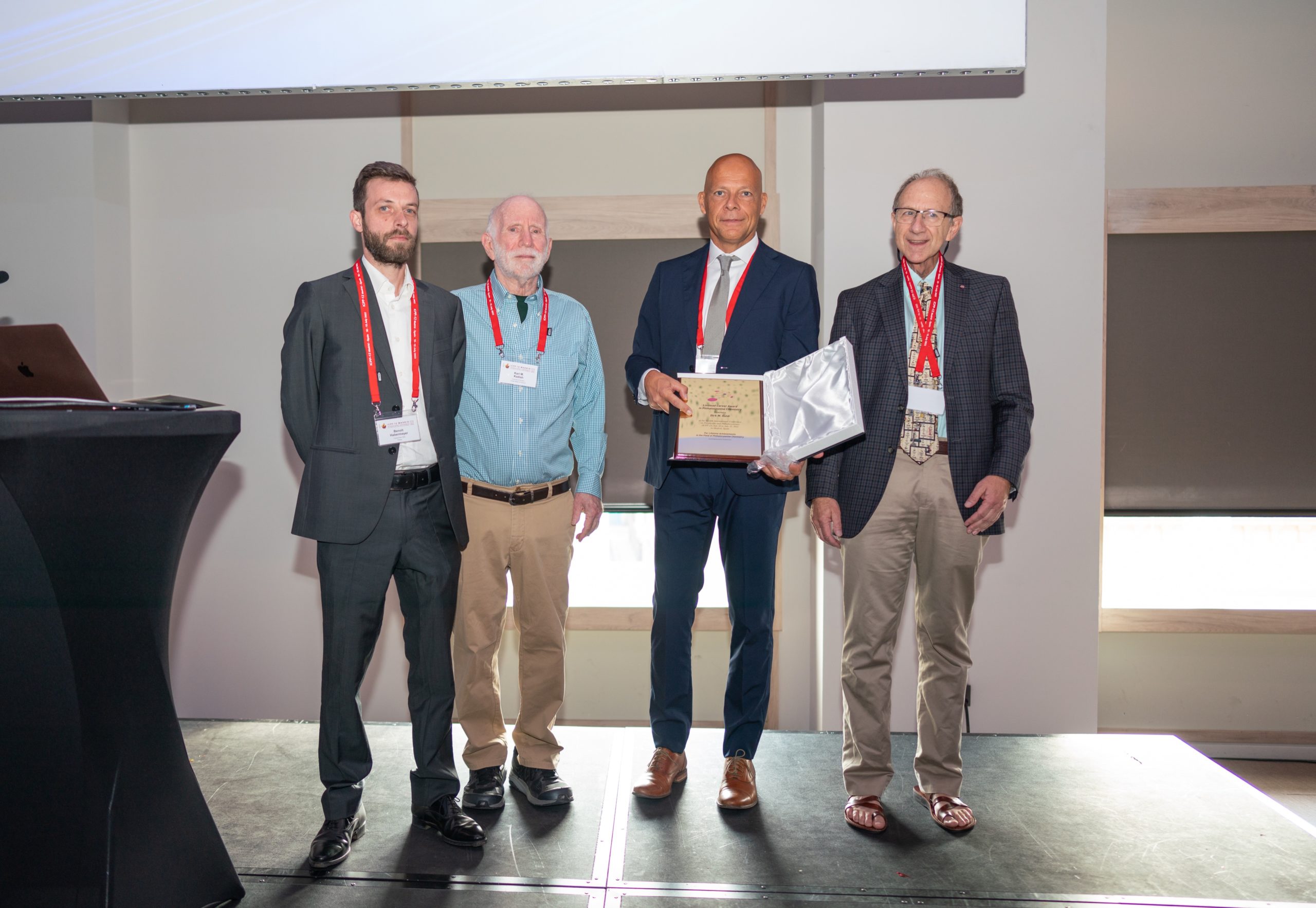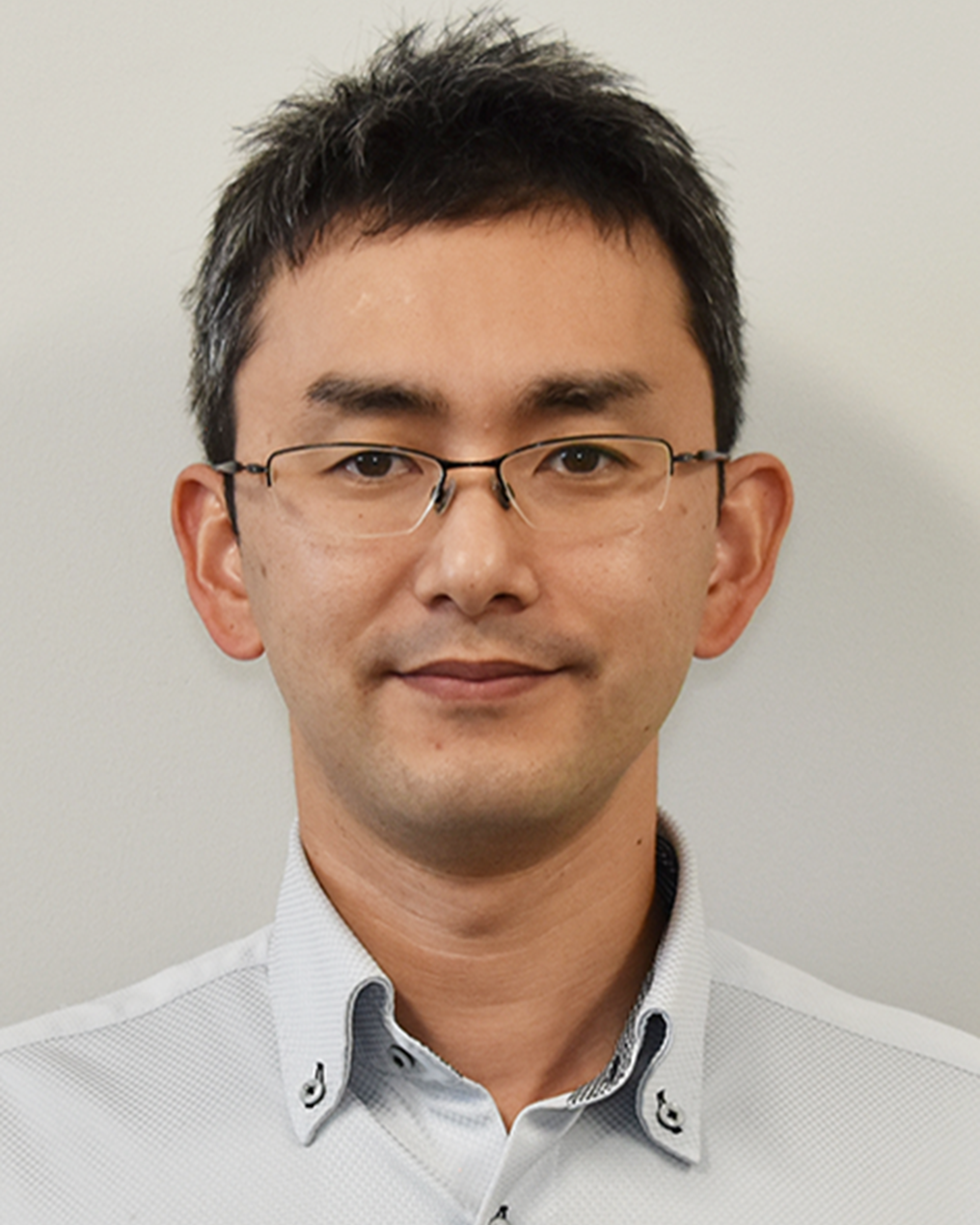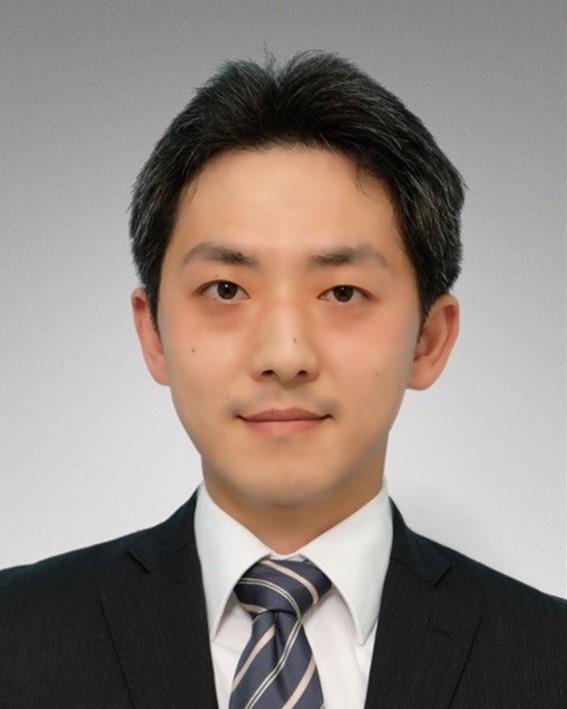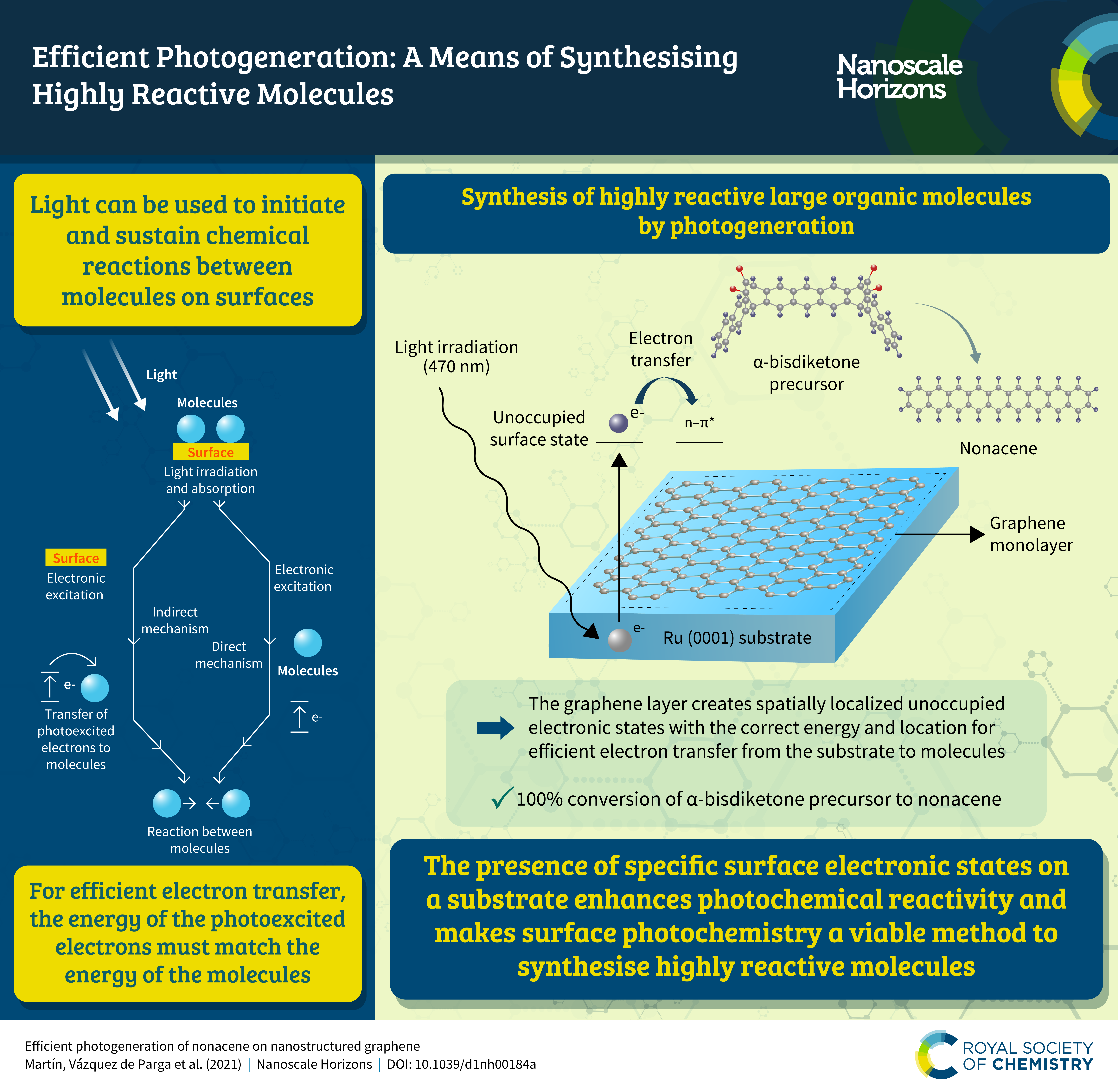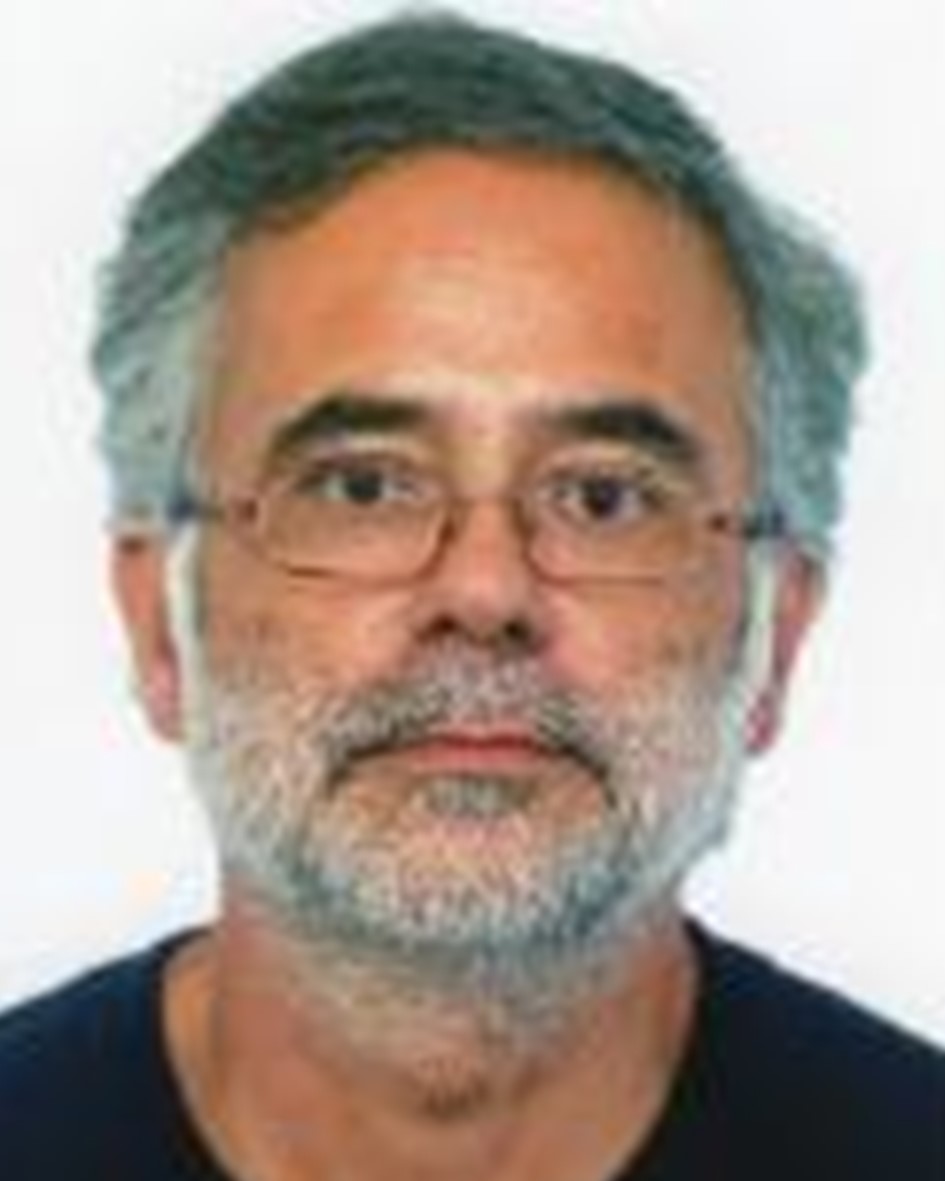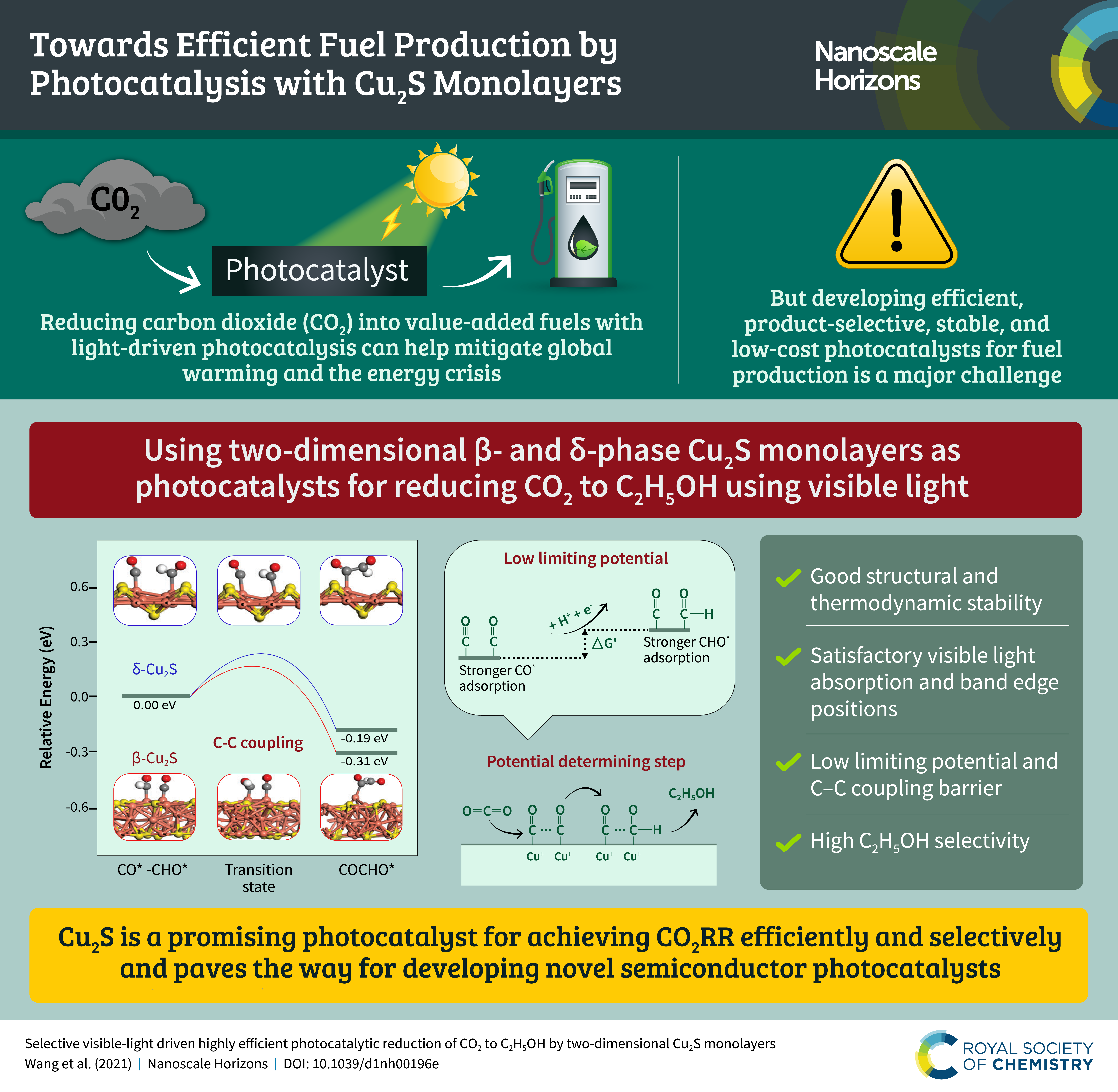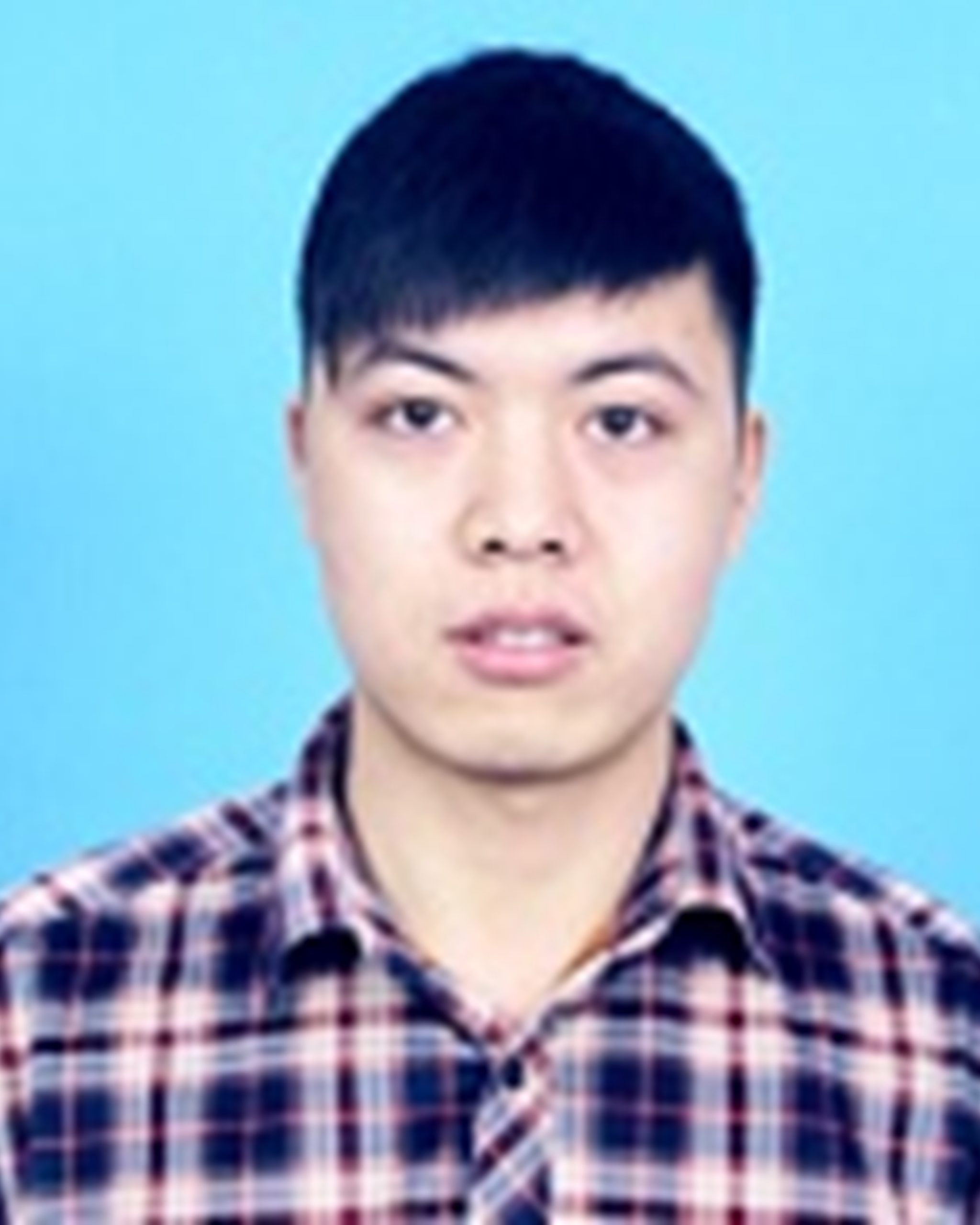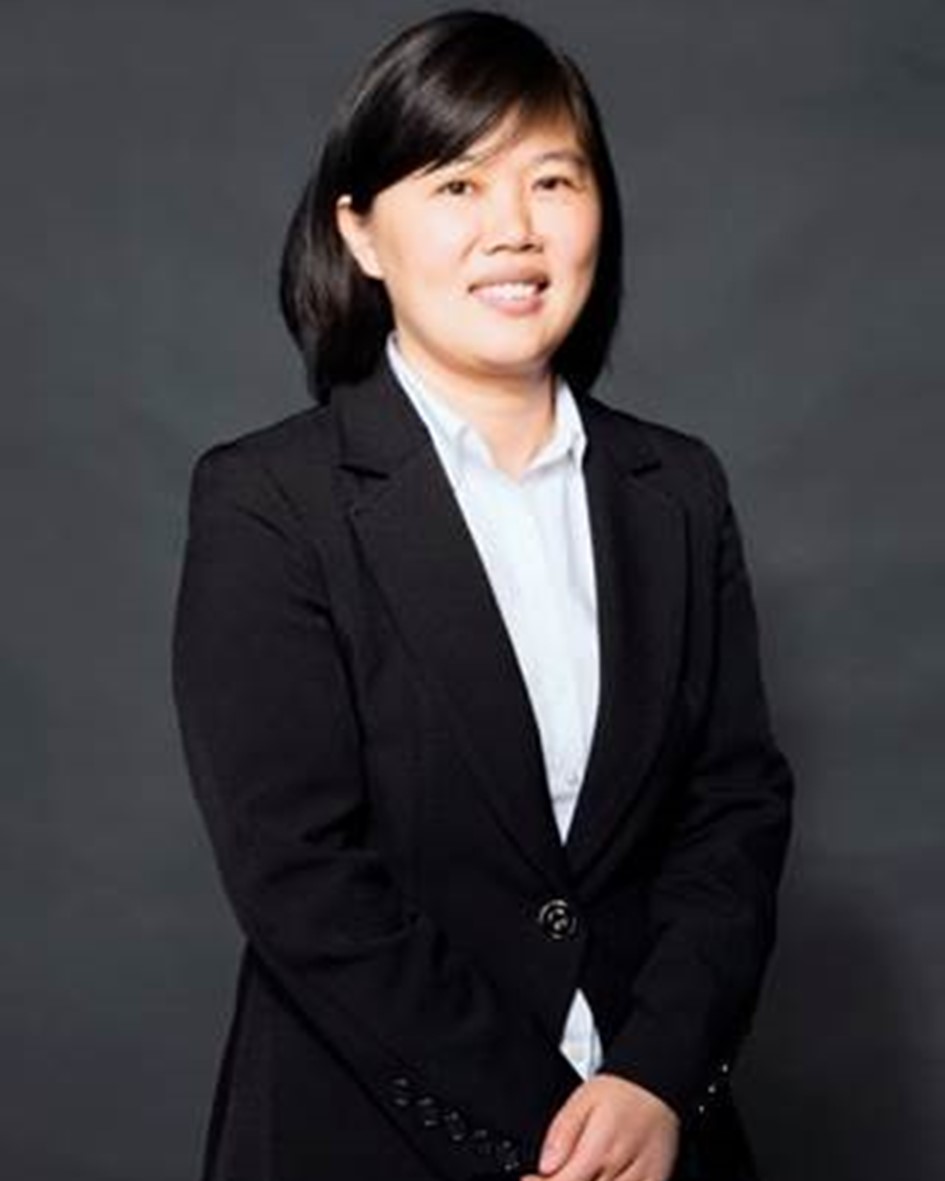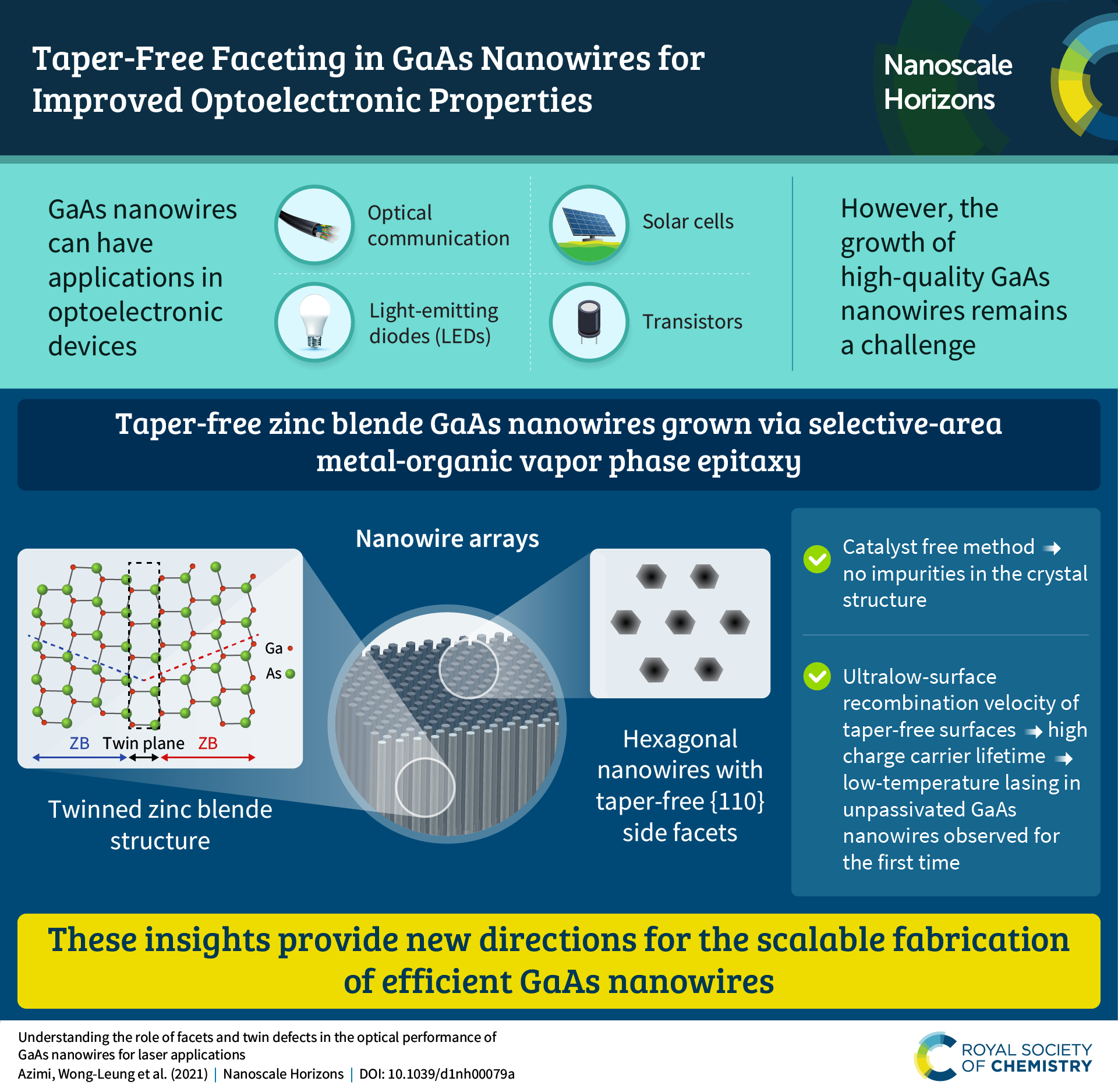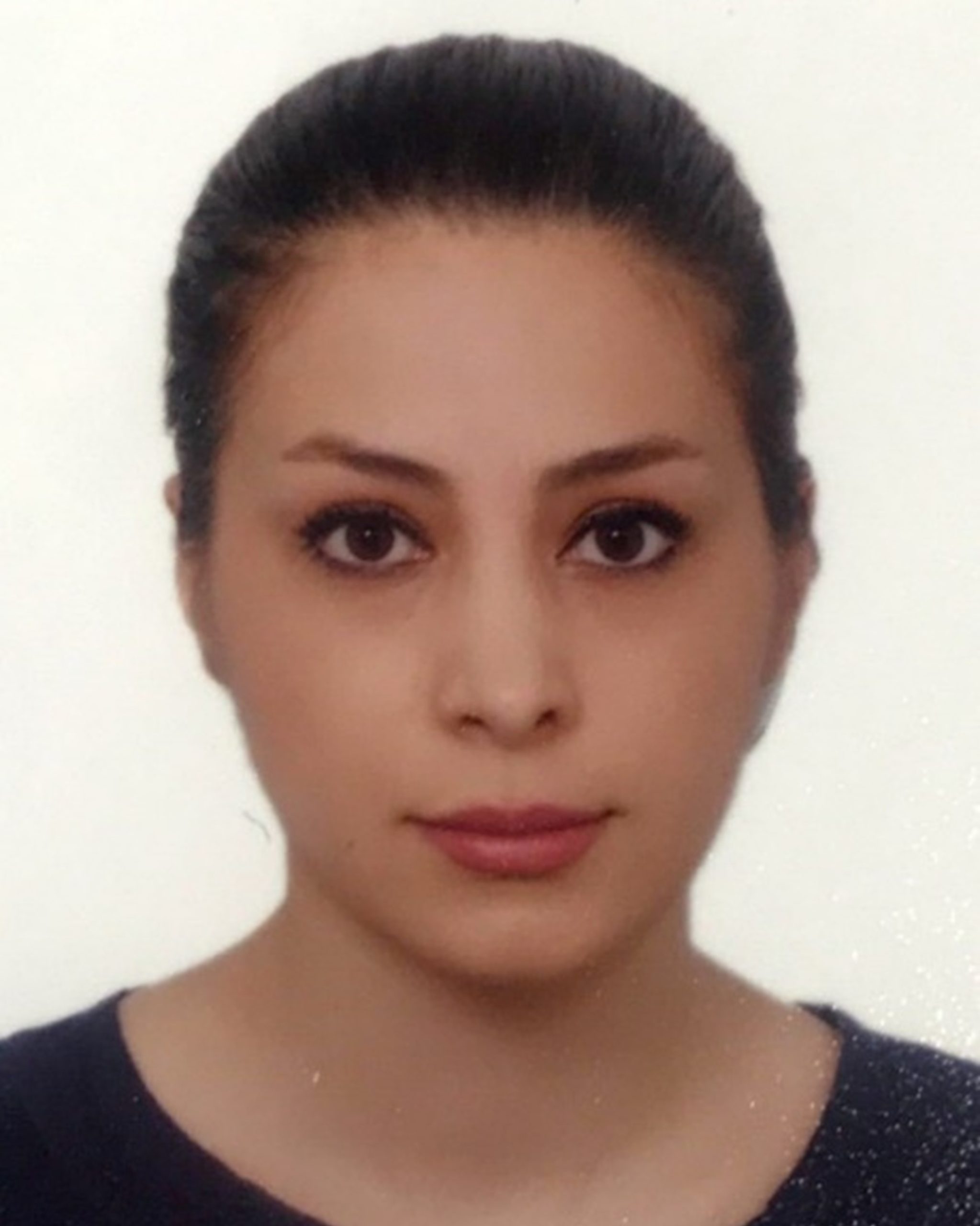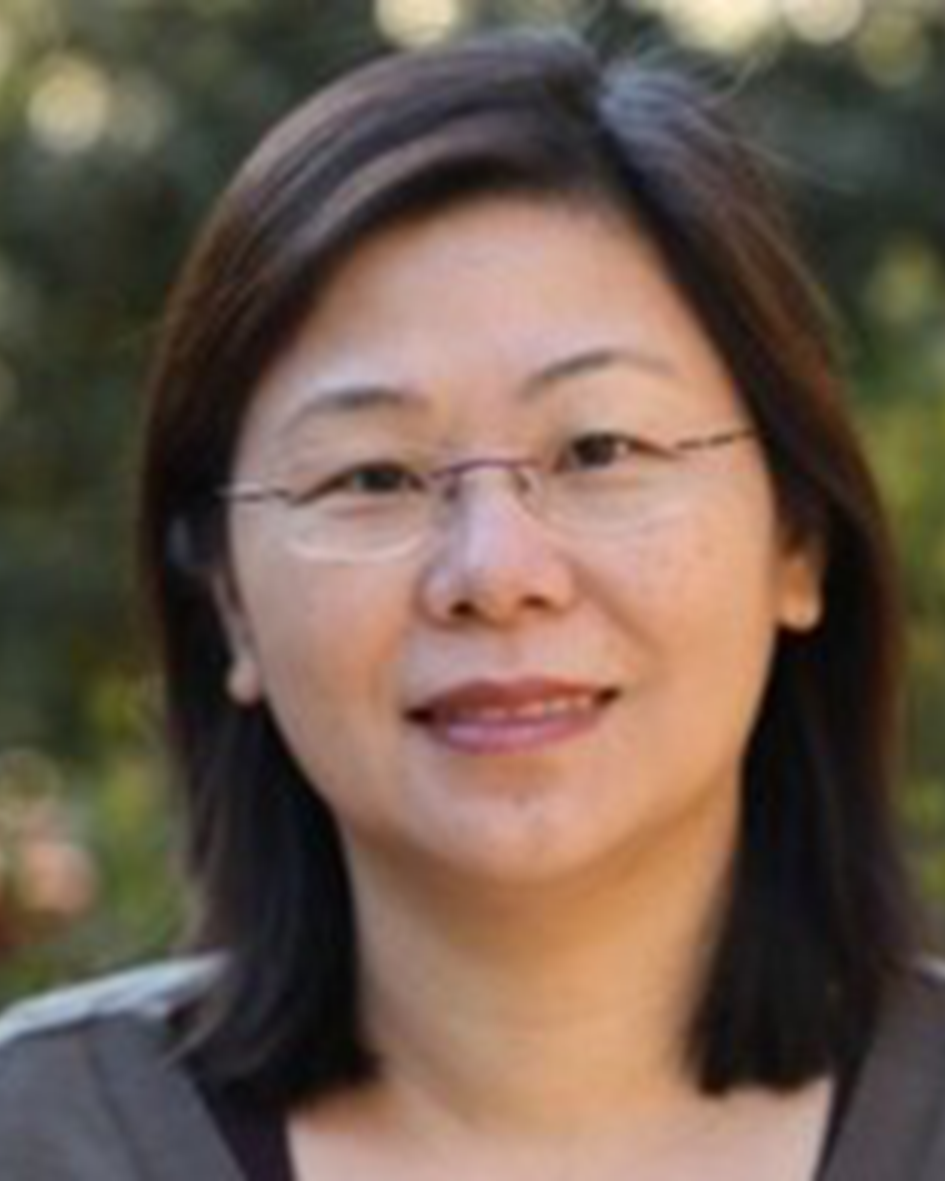Introducing the Nanoscale Horizons Emerging Investigator Series
Congratulations to our first Emerging Investigator Dr Huiyuan Zhu (Virginia Tech, USA)!
Since the launch of Nanoscale Horizons, the journal has had a clear vision to publish exceptionally high-quality work whilst acting as a resource to researchers working at all career levels. We continue to be impressed by the quality of the research published and at the same time are looking for new ways of recognising and promoting the outstanding authors behind articles published in the journal.
This year we are launching an Emerging Investigator Series to showcase the exceptional work published by early-career researchers in the journal. We will regularly select a recently published Communication article and publish an interview-style Editorial article featuring the corresponding author. We hope that the series will also benefit the nanoscience community by highlighting the exciting work being done by its early-career members. More details about the Emerging Investigator Series can be found in this editorial.
We are excited to share our first Emerging Investigator, Dr Huiyuan Zhu (Virginia Tech, USA)!
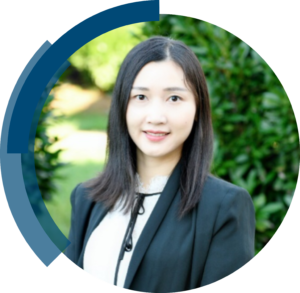
Dr Huiyuan Zhu received her BS degree in chemistry from the University of Science and Technology in China (2009), and her PhD from Brown University (2014). From 2014 to 2018, she was one of the inaugural Liane B. Russell Fellows and then a staff scientist in the Nanomaterials Chemistry Group, Chemical Sciences Division at the Oak Ridge National Laboratory. She has been an assistant professor of Chemical Engineering at Virginia Polytechnic Institute and State University since 2018. In August 2022, she moved to the University of Virginia as an assistant professor of Chemistry. Her research interests focus on tailoring multifunctional nanostructures for catalysis, energy conversion, and chemical transformation. She has received the 2022 NSF CAREER award. She is also a recipient of the 2020 Jeffress Trust award, the 2020 Ralph E Powe Junior Faculty Enhancement Award, the 2020 Doctoral New Investigator Award of the ACS Petroleum Research Foundation, and recognized as the 2020 Journal of Materials Chemistry A Emerging Investigator and in the 2021 Class of Influential Researchers from Industrial and Engineering Chemistry Research |
Read our interview with Huiyuan here
Congratulations to Dr Huiyuan Zhu for her excellent work! You can read her featured Emerging Investigator article from Nanoscale Horizons below.
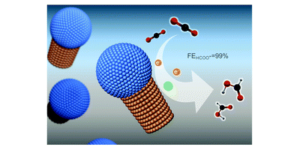
Heterostructured Bi–Cu2S nanocrystals for efficient CO2 electroreduction to formate
|
We hope you enjoy reading our interview and featured article and are looking forward to sharing our future Emerging Investigators with you!
With best wishes,
Dr Heather Montgomery
Managing Editor, Nanoscale Horizons











